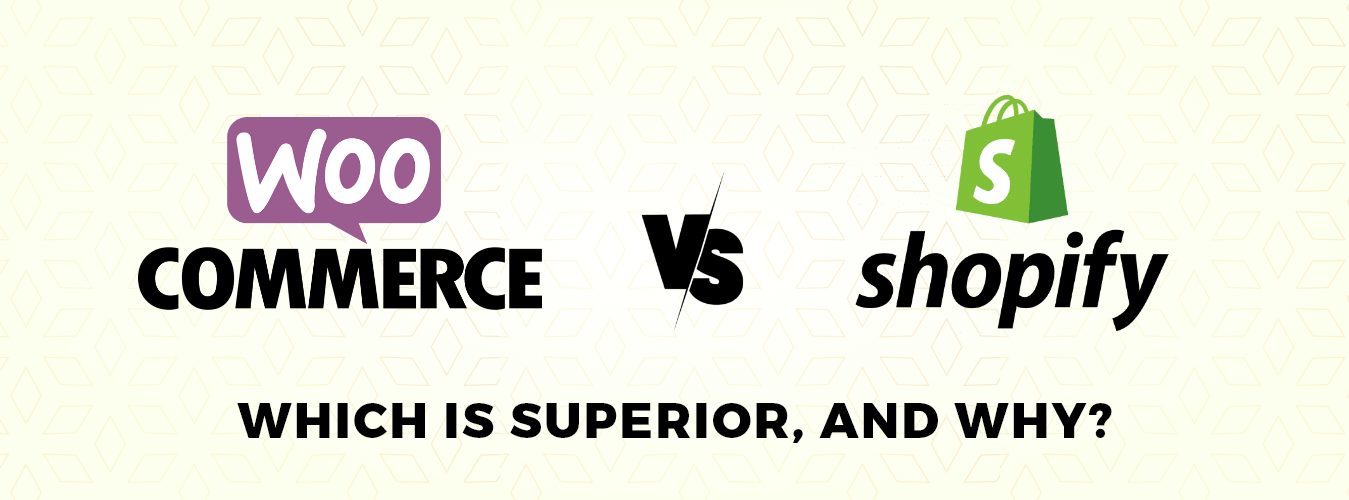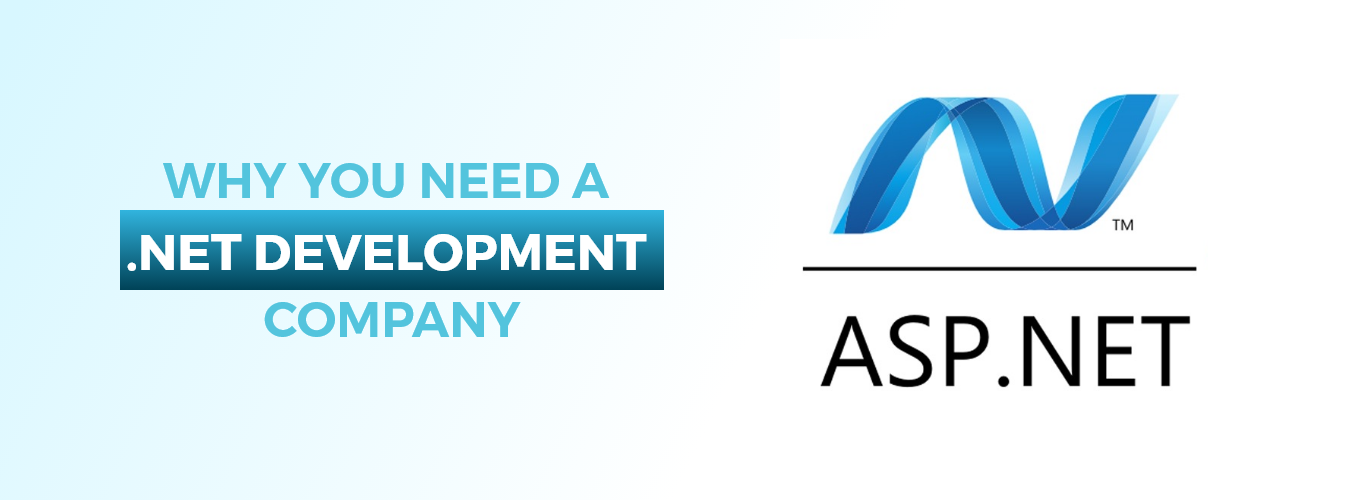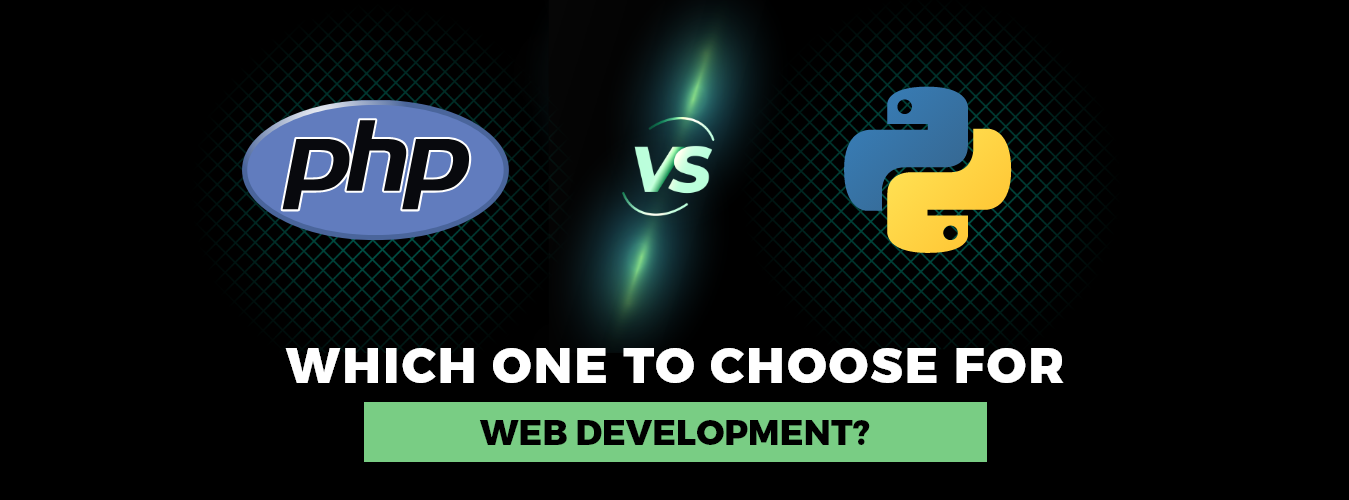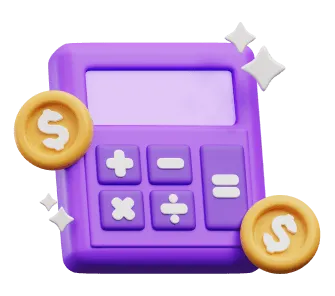There are constantly many opportunities in the evergreen sector of web app development. Web app Development services providers have developed and succeeded in various methods and fields since its inception in the early 1990s. Web app development is still one of the most sought-after skills in the twenty-first century. To start a career in this field, web app development languages must be mastered.
Get Your Own Empowered Web Application Development
contact usThe Best Web App Languages
JavaScript
JavaScript is a best languages for web development that may be used on websites that are both server-side (on a computer) and client-side (web-based) (running on web servers). It enables websites to store and use data, access “components”—parts of pages with content that may be updated—to make pages more interactive, perform functions in response to website events, and more.
It can significantly aid businesses in developing their websites because it is compatible with many platforms. For instance, the Java runtime environment module is responsible for converting code into a form of machine code that is compatible with the computer’s installed operating systems. An effective illustration of such a system is Linux. Additionally, it won’t be difficult for you to find web developers who specialize in Java. This is because Java has many security features, making it the platform of choice for businesses. You won’t have any trouble locating web developers who are familiar with Java as a result.
ReactJS
A Javascript library called React was first released in 2013 and is now accessible as open-source software. Due to its reputation for creating reliable user interfaces for the creation of web applications, it is currently regarded as one of the best front-end languages. A handful of React’s most important features include reusable components, a virtual DOM for interactive online activities, and JSX, a syntax extension used in conjunction with React to produce HTML text code. React is one of the best languages for creating massive online applications, which gives engineers another another reason to believe it is crucial to Facebook’s technology stack.
Python
RedMonk’s results place Python second among the most widely used web development languages. The popularity scores for programming languages on RedMonks are based on data from StackOverflow (conversation) and Github (code). Java is no longer one of the top two most used web app development languages for the first time since 2012. According to the TIOBE index, as of March 2021, Python had nearly surpassed Java, with just 0.14 percent separating the two languages. Python won the coveted title of TIOBE Programming Language of the Year at the end of 2021 for the second consecutive year. The language with the biggest rating growth over a year receives the prize.
As of January 2022, Python has risen to the top spot in the rankings from third place, outpacing competitors by more than 1%. Java is listed in third place for the first time in almost 20 years. This can be explained by the explosion in machine learning among developers who are learning Python due to its ease of use and capacity to handle a variety of programming paradigms. Python offers a variety of chances for development, from creating online and desktop applications to managing system operations. It has a big library of software that can be placed into code and expanded to enormous applications. Because of its grammatical resemblance to English, the language is widely suggested for beginners in software development.
Golang
The best web app language Go, commonly referred to as Golang, was created at Google by Robert Griesemer, Rob Pike, and Ken Thompson. It was ranked among developers worldwide among the top 5 programming languages in the most recent Stack Overflow Developer’s Survey’21. Go’s fundamental idea makes it easier for developers to produce scalable and secure web applications. Go’s robust multithreading capability, and garbage collection feature for autonomous memory management are two of its most notable features. The simplicity of learning, understandable code, Google support, compiled language, package management, robust standard library, concurrency support, quick performance, and many more features make Go an intriguing programming language.
Rust
Rust is used in production by many worldwide businesses to create quick, low-resource, cross-platform solutions. Popular programs like Firefox, Dropbox, and Cloudflare use Rust. Because it lacks a runtime or garbage collector, Rust is blazingly quick and memory-efficient, allowing it to run on embedded devices, power performance-critical services, and easily communicate with other languages. With the addition of a borrow checker to authenticate references for memory safety, Rust has most of the capabilities of C and C++. The only drawback is that it is still young and could not have your favorite frameworks or libraries, like Django and Laravel. But when the moment is right, Rust will make them available.
Express
The MIT License was used to release Express.js, a web application framework for Node.js, as free and open-source software. It is made for creating APIs and online applications. The MEAN stack includes the front-end framework AngularJS, MongoDB database system, and Express as its back-end component. Web app Development services have access to a variety of plugins for features like templating engines. The HTTP protocol is followed by Express when handling requests from Node.js. Additionally, it contains a router that chooses how to respond to a request based on the URL and HTTP method. Many HTTP methods are available, including GET, POST, PUT, DELETE, and others that handle requests in different ways.
Kotlin
Express.js, a web application framework for Node.js, was made available as free and open-source software under the MIT License. It is designed for building web apps and APIs. The front-end framework AngularJS, the database system MongoDB, and Express as its back-end component make up the MEAN stack. For features like templating engines, developers can choose from various plugins. When responding to queries from Node.js, Express adheres to the HTTP protocol. It also has a router that decides how to reply to a request depending on its URL and HTTP method. Numerous HTTP methods can be used, such as GET, POST, PUT, DELETE, and others, and they all process requests differently.
Conclusion
Your web app’s requirements and the business objectives you want to achieve will be directly impacted by the language and framework you select. Your ultimate decision should be based on several factors, and you should take as much time as necessary to assess each language. After reading this post, we sincerely hope that you will have a much clearer understanding of the programming language for a web app you should use for your project.
Related Reading: difference between web app and website








